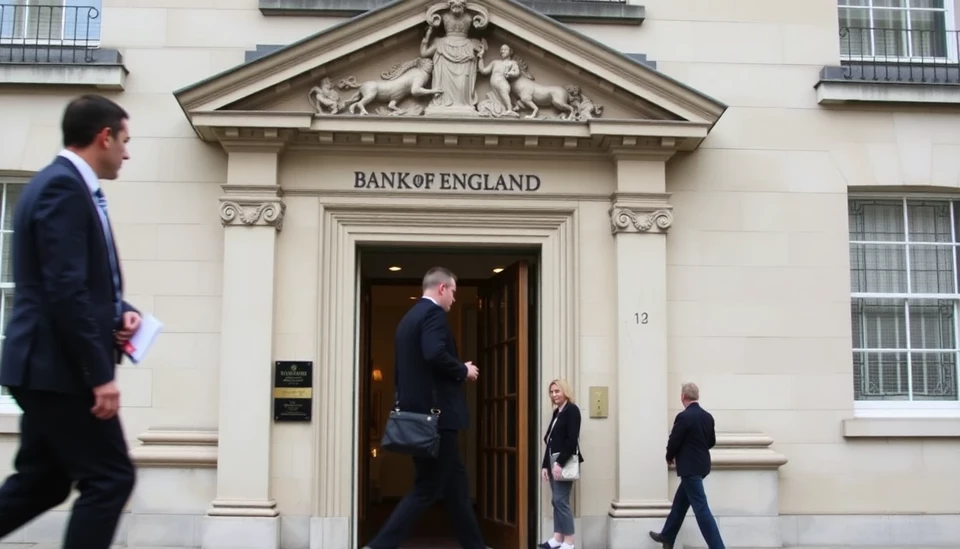
In a startling revelation, the Bank of England has disclosed that British taxpayers could potentially face a hefty £150 billion bill stemming from its quantitative easing (QE) strategy. This alarming figure emerges as investors and policymakers begin to grasp the long-term ramifications of the central bank’s efforts to stimulate the economy amidst turbulent financial times.
The quantitative easing program, which began in the wake of the 2008 financial crisis, involved the central bank purchasing substantial amounts of government bonds in a bid to lower interest rates and encourage borrowing and investment. However, as the period of ultra-low interest rates starts to draw to a close, the costs of these expansive monetary policies are starting to crystallize for once-distant taxpayers.
Many experts agree that while QE aimed to boost economic activity during crises, the aftershocks are now evident. As inflation rates surge and interest rates are poised to rise, the Bank's earlier decisions to buy and hold these assets could translate into significant losses. These assets, which were initially seen as beneficial, could soon become a burden as the alignment of debt dynamics shifts.
The Bank of England has indicated that it may need to unwind its QE policy in coming months. However, such a transition is fraught with risk, and the scale of the overall cost to taxpayers will depend on several factors, including how quickly the central bank can normalize its policies and the broader economic environment.
As the central bank navigates these uncertain waters, the spotlight is increasingly falling on the fiscal implications for taxpayers. With public debt rising and economic recovery uncertain, the concerns regarding the potential bill for QE are reverberating throughout the UK’s financial landscape. Citizens are now left questioning the sustainability of such monetary policies and what it means for their economic future.
Furthermore, experts are urging the government to develop a clear strategy to manage the unwinding of QE effectively while mitigating adverse effects on public finances. The balance between fostering economic growth and ensuring fiscal responsibility has never been more critical.
The looming financial implications could become a hot topic in future political discussions, with debates likely centering around the efficiency of previous monetary policies and their ultimate costs to the public. As taxpayers await further clarity from policymakers, the potential £150 billion tab raises pressing concerns about accountability and the long-term viability of such expansive monetary measures.
In conclusion, as the ramifications of quantitative easing continue to unfold, the £150 billion bill casts a long shadow over the UK's economic prospects. The Bank of England’s decisions during crises may ultimately leave taxpayers reflecting on the structural changes required for a more stable financial future.
#UKTaxpayers #QuantitativeEasing #BankofEngland #PublicDebt #EconomicPolicy #Inflation #FinancialLiteracy
Author: Rachel Greene




